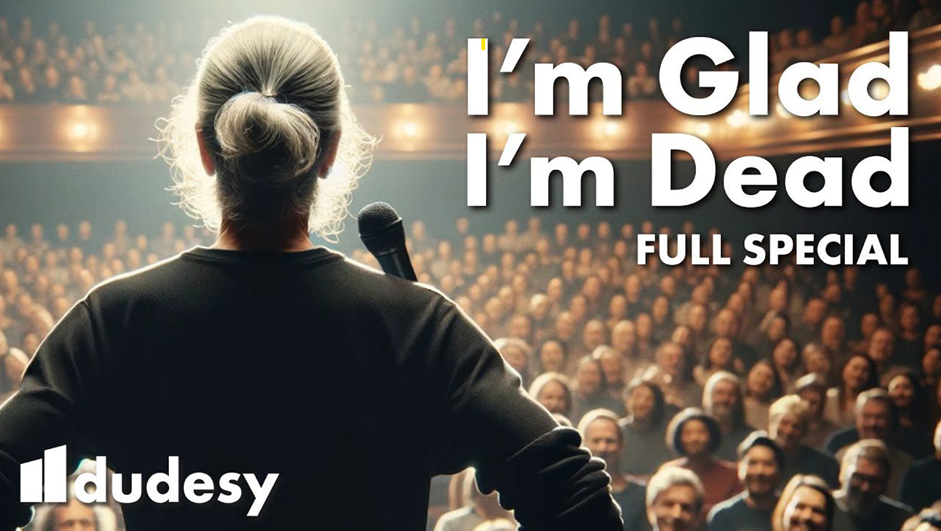Monday Jan 29 2024
The Complex Case of George Carlin's AI-generated Impression
In an era where artificial intelligence (AI) blurs the lines between the real and the synthetic, the heirs of the legendary comedian George Carlin have thrust the conversation into the legal spotlight. The estate filed a federal lawsuit against the comedy podcast Dudesy, which advertised an hour-long special as an AI-generated impression of Carlin. This move poses pivotal questions about copyright, identity rights, and the ethical use of AI in recreating an artist's work.
The Controversy over an AI-generated George Carlin
The special, George Carlin: I'm Glad I'm Dead, distributed by Dudesy on YouTube, was initially presented as the product of AI trained on Carlin’s voluminous material. However, it was later admitted that the special was entirely penned by humans, specifically by Chad Kultgen – a revelation that adds a layer of complexity to the ongoing legal battle.
The lawsuit, spearheaded by Carlin's manager Jerold Hamza in a California district court, claims that the project involved making unauthorized copies of Carlin's copyrighted routines, thus infringing on Carlin's post-mortem rights. The essence of their argument is that the AI-generated 'George Carlin Special' is not so much a creative work but a "piece of computer-generated click-bait" that diminishes the value of Carlin’s comedic legacy.

This legal tangle serves as a contemporary reflection of dilemmas echoing from the past, where the use of dead celebrities' images in advertising prompted legislation like the California Celebrities Rights Act.
Broader Implications for AI and Creativity
This lawsuit touches upon the broader challenges of AI in arts and copyright, fueling debates over whether AI’s imitative capabilities constitute fair use or if they represent a new form of infringement entirely. Recently, media organizations lobbied Congress against claims that training AI on copyrighted material falls under fair use exemptions. The contention signifies a struggle to adapt existing copyright laws to the age of AI, highlighting a crucial battleground for creators and intellectual property holders.
The Ethical Dimension of Recreating Personalities
At heart, the Carlin case also stirs ethical considerations about the use of technology to resurrect the personas of deceased artists for commercial gain. While the creators of the Dudesy special might not have used actual AI to mimic Carlin, their intent to sell the show as an AI endeavor capitalizes on Carlin’s identity, arguably without adding substantive value or commentary to his work.
Kelly Carlin, George Carlin’s daughter, has expressed her dismay over the special, emphasizing its lack of authenticity and the potential damage to her father's legacy. Her sentiments echo a broader discomfort with the idea of using technology to simulate artists without their consent or input, raising questions about respect, artistic integrity, and the potential for misuse.
This landmark lawsuit sets a precedent for similar cases in the future, where the families of deceased artists and creators could confront AI-generated works that leverage their loved one’s legacy. As we move forward, the outcome of this case may shape policies on how AI interacts with copyrighted material, personality rights, and the ethical bounds of technology in artistic creation.
For more detailed coverage and developments on this case, read the full article on Ars Technica.
The legal landscape is shifting beneath our feet, challenging us to rethink the relationship between technology, art, and copyright. As AI continues to evolve and become more intertwined with our daily lives, the need for clear guidelines and ethical frameworks has never been more acute. George Carlin's case may just be the beginning of a much larger conversation about the role of AI in our cultural heritage and artistic futures.